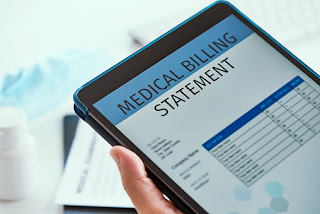The No Surprise Act 2022 (NSA) establishes new federal protections against surprise medical bills that take effect in 2022.
NSAs occur when insured people are
treated by out-of-network hospitals, doctors, or other providers they did not
choose. This occurs in around one out of every five visits to the emergency
room. In addition, surprise expenditures from out-of-network doctors (such as
anesthesiologists) whom the patient did not choose an account for 9 to 16 percent
of in-network hospitalizations for non-emergency care. Consumers suffer
unexpected medical expenditures when health plans decline out-of-network claims
or impose greater out-of-network cost-sharing; consumers also face
"balance billing" from out-of-network providers who have not agreed
to accept the health plan's discounted payment rates. The NSA is expected to
apply to around 10 million out-of-network unexpected medical expenses per year,
according to the federal government. The
NSA will protect consumers from surprise medical bills by:
·
requiring private health plans to cover these
out-of-network claims and apply in-network cost-sharing. The law applies to
both job-based and non-group plans, including grandfathered plans
·
prohibiting doctors, hospitals, and other covered
providers from billing patients more than in-network cost-sharing amount for
surprise medical bills.

insurance billing and coding
ReplyDeleteGet Access To Our Free On-Demand Revenue Cycle Management Webinar. Billing Your way is Prestige Medical Consultants.
View our Webinar to unlock the capabilities of real-time benchmarking of your Analytics. we help our clients providing solutions with
Advanced Technology.